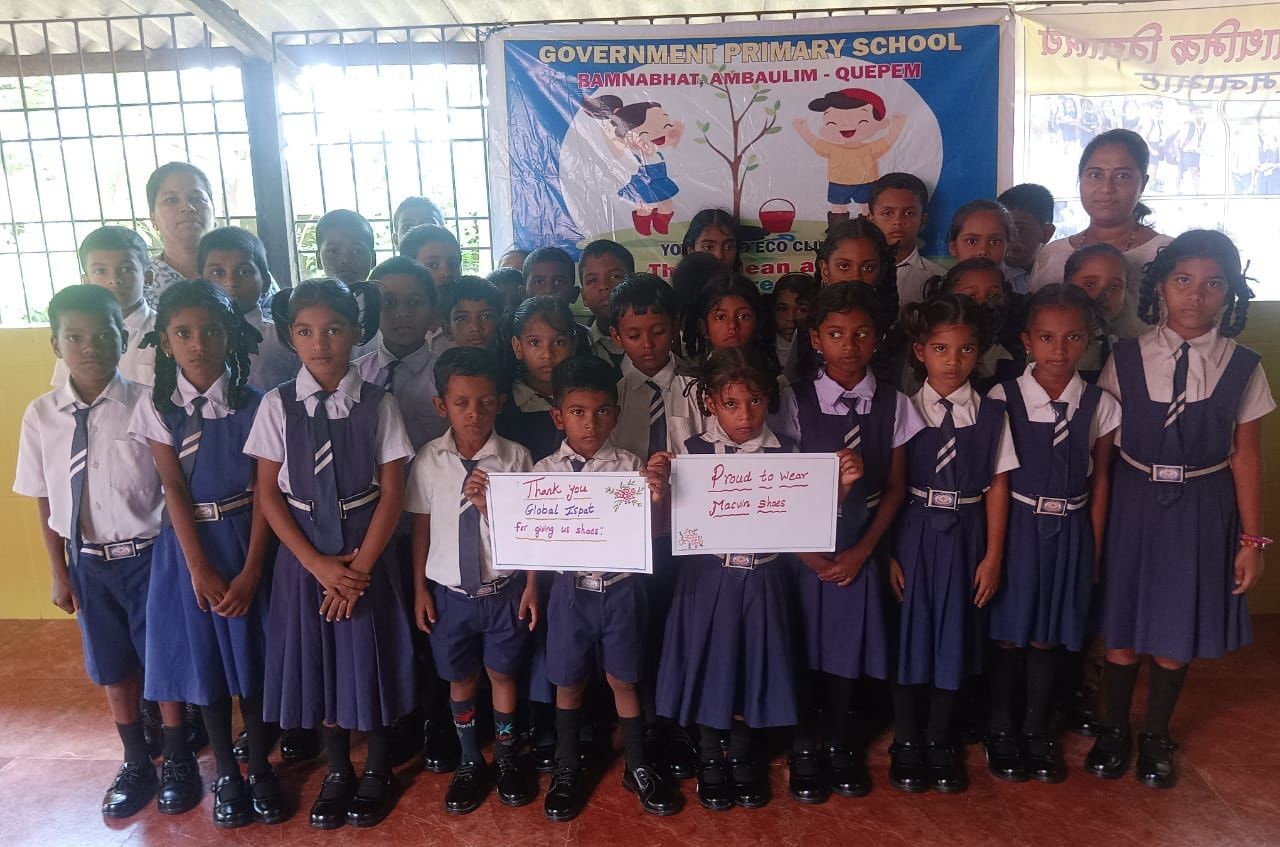Corporate Social Resonsibility Policy
Corporate Social Resonsibility Policy
1. Preamble:
At Global Ispaat Private Limited (‘GIPL’), we believe that business growth must go hand-in-hand with social progress and environmental sustainability. Guided by our core values of “Greener – Stronger – Better”, we are committed to integrating social, environmental, and ethical responsibilities into our governance and business practices.This CSR Policy outlines our vision, focus areas, implementation framework, and monitoring mechanisms, in alignment with the provisions of the Companies Act, 2013.
2. Purpose: In compliance with the legal framework on corporate social responsibility contained in Section 135 and Schedule VII of the Companies Act, 2013 (“Act”) along with Companies (Corporate Social Responsibility Policy) Rules 2014 (“Rules), this Policy establishes a consistent Corporate Social Responsibility (CSR) framework for GIPL. The key purposes of this policy are to:
Education & Skill Development
5. Implementation, Review & Amendments: CSR initiatives may be implemented directly by the Company or through:
2. Purpose: In compliance with the legal framework on corporate social responsibility contained in Section 135 and Schedule VII of the Companies Act, 2013 (“Act”) along with Companies (Corporate Social Responsibility Policy) Rules 2014 (“Rules), this Policy establishes a consistent Corporate Social Responsibility (CSR) framework for GIPL. The key purposes of this policy are to:
- Identify broad areas in which CSR projects will be undertaken
- Serve as a guide in defining, executing, monitoring and reporting all CSR projects
- Governance Structure, Implementation strategy & Review mechanism
- To align our CSR efforts with Schedule VII of the Companies Act, 2013.
- To build meaningful partnerships with communities, NGOs, and government
- Institutions for impactful CSR delivery.
Education & Skill Development
- Supporting education for underprivileged children.
- Establishing skill development centres, especially for youth in rural and semi-urban areas.
- Promoting digital literacy and vocational training.
- Promoting renewable energy, energy efficiency, and sustainable practices.
- Afforestation and water conservation projects.
- Waste reduction, recycling, and awareness campaigns aligned with Magna’s eco-friendly steel initiatives.
- Organizing health camps in rural and industrial belt areas.
- Supporting maternal and child health programmes.
- Building toilets and sanitation facilities in schools and rural areas.
- Infrastructure development in villages (roads, lighting, drinking water).
- Supporting livelihood generation projects for marginalized communities.
- Formulate and recommend the CSR Policy to the Board.
- Recommend CSR projects and budget allocations.
- Monitor the implementation of CSR activities.
- Submit periodic reports to the Board.
5. Implementation, Review & Amendments: CSR initiatives may be implemented directly by the Company or through:
- A registered trust, society, or not-for-profit company established under Section 8 of the Act.
- Collaboration with other companies, provided separate reporting is ensured.
- Preference will be given to areas in and around the Company’s operations, while also supporting national causes.
- This CSR Policy shall be reviewed annually by the CSR Committee and recommended for modifications, if any, to the Board.
- Amendments may be made in line with changes in the Companies Act, 2013, CSR Rules, or business priorities.


